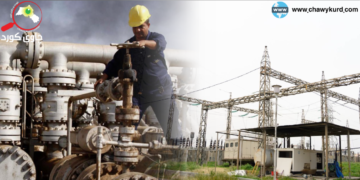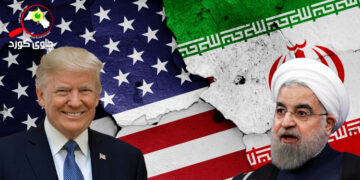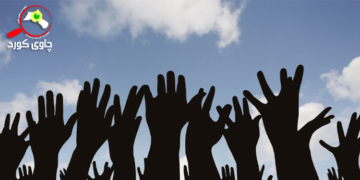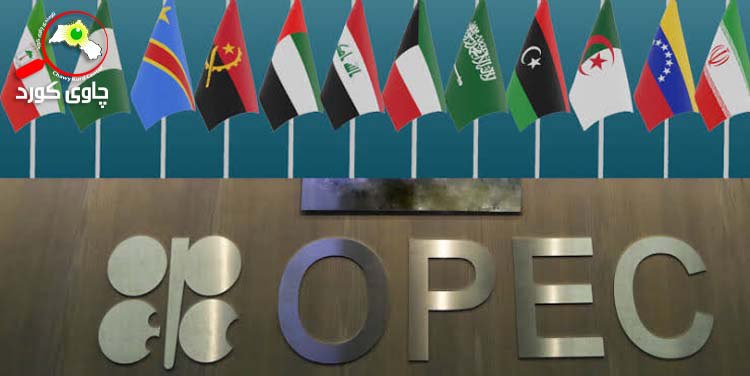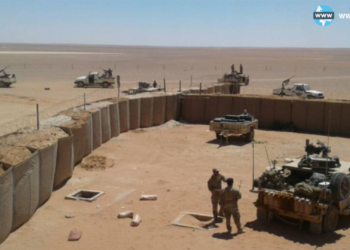OPEC was established in Baghdad in several stages from 1960 onwards. In 2023, OPEC Plus has taken three steps, leaving three main questions on the basis of OPEC’s work and the thinking that guides OPEC:
Step One: On Sunday (June 4, 2023), the OPEC Plus meeting was held in Vienna; they decided to reduce oil production to 40.46 million barrels by 2024. OPEC Plus members are expected to decrease an average of 1.4 million barrels per day.
This is for the sake of market stability and the balance between demand and supply, as well as due to the continued decline in oil prices. Will OPEC Plus succeed in preventing oil prices from falling? If they had succeeded, would they have taken their next steps in the same direction? Let’s make the question clearer, in the top ten countries with the largest oil reserves: Venezuela, Saudi Arabia, Iran, Canada, Iraq, Kuwait, UAE, Russia, Libya, and the United States. Only two places in the Western Hemisphere, the United States and Canada, consume all or most of what they produce domestically. The world’s ten largest reserves are followed by other countries that are also outside the control of Western policies, such as Kazakhstan, Qatar, Nigeria and Algeria.
This is also true for natural gas. The first is Russia, the second is Iran, and the third is Qatar. If we include the Kurdistan Region, about 60% of natural gas is in these four regions, which the West does not dominate on these regions.
Step Two: On July 16, 2023 in Baghdad, in the Shaab Hall, where OPEC as an international organization to monitor and defend market stability (the relationship between demand and supply) with the other four main founders, in the presence of significant elite in the energy sector, the 63rd anniversary of the organization was celebrated.
At the ceremony, Baghdad and its speakers reinforced the views of the Mohammed Shia’ Al Sudani cabinet that Iraq would become an important axis that a lot of Iraqi gas burned and wasted over the past fifty years. Meanwhile, for the next three years, Iraq’s electricity and gas issues will be resolved.
Iran’s scenario is to prevent the French from working on Iraqi natural gas, making Baghdad completely dependent on itself in terms of electricity, power plants and natural gas. Other priorities are Iran must determine the date and time of elections in Iraq. In early February 2021, the UN envoy to Iraq, Jennifer Blaschardt, visited Iran for parliamentary elections, and in early August 2023, Blaschardt visited Iran for provincial elections . . . . Is the West looking for it?
Step thee and final: On August 3, 2023, Russia and Saudi Arabia suddenly announced that they would produce 1.3 million barrels less oil in order to keep oil prices high. Today (August 4, 2023) OPEC as its (13) members, then (OPEC Plus), which consists of 13 countries and 10 other producers outside OPEC, united with the aim of increasing their domestic income. Together, they produce 41 to 44 million barrels of oil per day. Mean; OPEC Plus has an impact on the global energy economy and oil prices of 41% to 44%. So OPEC Plus is not the only factor that affects oil prices. The question is whether OPEC Plus can continue, or whether it will be dissolved.
Despite all this, there is no consensus among OPEC Plus member countries. Russia’s situation is not the same as Kuwait’s. Saudi Arabia is better than Iraq, which has not yet seen the light of the budget, with a deficit of about $ 6 billion! Therefore, when they decide to market less together, some of them cannot comply with it. Iraq (where it celebrated the establishment of OPEC) cannot comply with the OPEC Plus decision issued in Geneva in June 2023 for four months!









